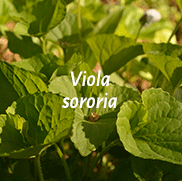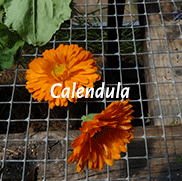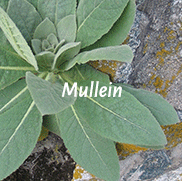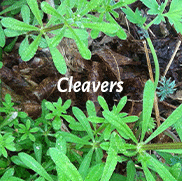Lemon Balm – Melissa officinalis
Lemon Balm – Melissa officinalis
AKA: Melissa, sweet balm, cure-all, honey plant
Family: Lamiaceae (or Mint Family)
Parts used: leaves and flowers picked just before flowering (also called ‘aerial parts,’ or the top 1/3 of the plant) , fresh or dry/tea/infusion (hot), dose 1/4—1 tsp. to 1 cup boiled water.
Uses: Culinary, calming nerves, insomnia, anxiety, relaxation, digestion, indigestion, nausea, bloating, gas, colds, flus, fever, depression, headaches, mood disorders, strengthens memory/mind/concentration, heals wounds, soothes bites and stings, toothache, helps to improve appetite, eases menstrual pain, colic, cold sores and genital sores associated with herpes and prolongs periods between intervals, hyperthyroidism, brain disorders such as Alzheimer’s and dementia, and overactive-thyroid associated with Graves’ disease.
Actions: nervine sedative and nervine bitter or appetite and digestive stimulant, antiviral, antibacterial, antispasmodic, diaphoretic, carminative, aromatic, emmenagogue, antidepressant.
Constituents: volatile oils comprising of citral, citronellal, eugenol, acetate, geraniol as well as tannins, polyphenols, flavonoids, rosmarinic acid, bitters.
Tincture: to make the tincture – 3 parts fresh herb to 5 parts 40% alcohol
10-20 drops in water 3-5 times daily for depression, tension headaches and anxiety.
Capsules: 300-500 mg, 3x a day.
Topical: cream 2-4x day for cold sores, or cooled strong tea on cotton ball throughout the day.
Taste: slightly bitter, sour, cooling, and dry.
Contraindications: There is a possible drug interaction with thyroid medication, so with existing thyroid conditions that are currently treated with drugs, avoid lemon balm. There is also a possible drug interaction with sedative medications such as CNS depressants.
Growing: Very easy in the garden, to the point that you’ll never have too little.





